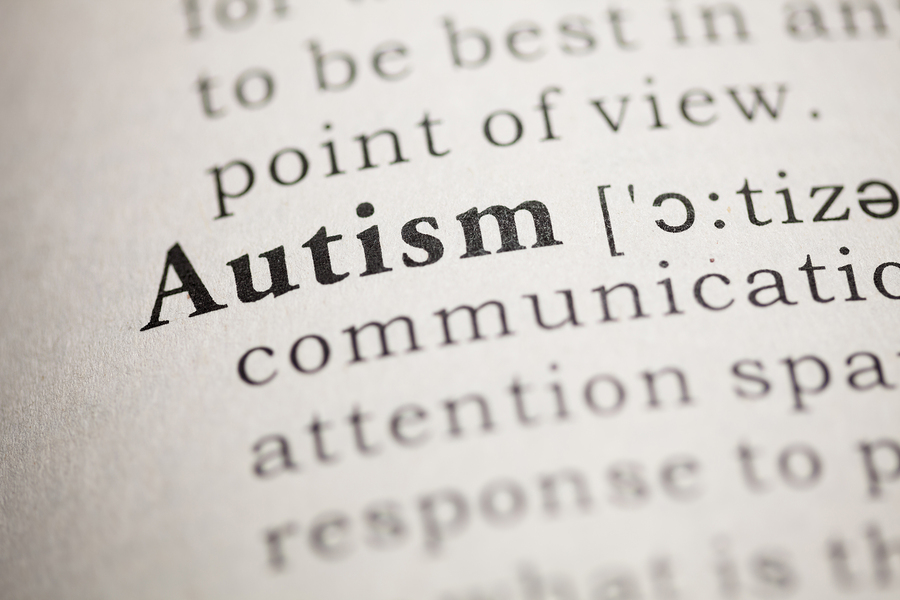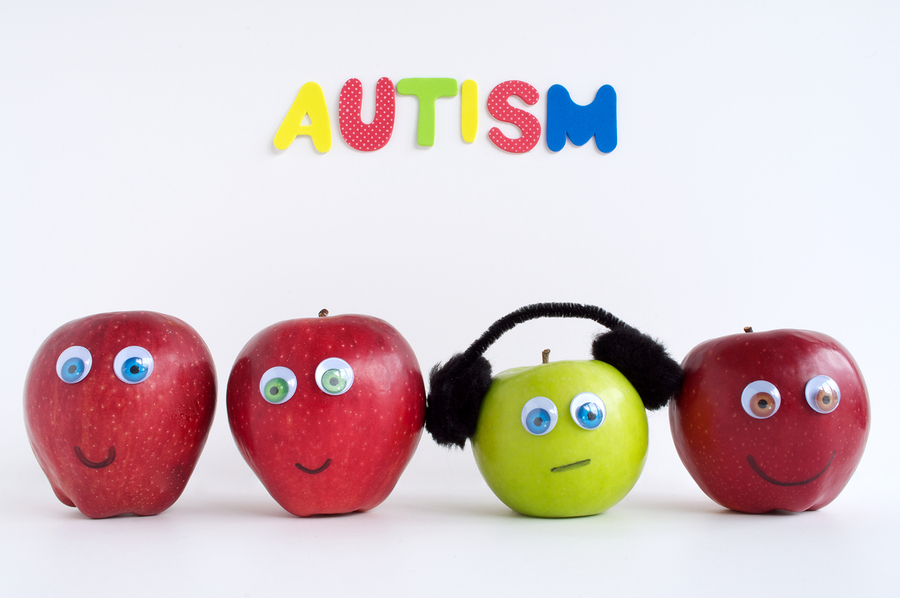- Make It Yourself Lavender Heart-Shaped Bath Bombs!
- 20 Things You Never Knew About “Down There”
- 12 Best Foods For Those Suffering From Arthritis Pain
- 12 Personal Hygiene Mistakes Almost Everyone Makes (Mom Never Told You About #4!)
- 15 Medicinal Plants And Herbs From The Cherokee People
- 12 Mind-Blowing Benefits Of Drinking Coconut Water During Pregnancy
- 12 Outstanding Winter Foods That Won’t Fatten You Up Like A Christmas Turkey
What You Are NOT Being Told About Autism

Photo credit: bigstock.com
Autism is a diagnosis no parent wants to hear. As of today, a particular definite cause has not been found for autism; however, it is believed by many within the scientific world that this issue is brought on by abnormalities in the brain structure and function. There have been a fair number of studies pointing to theories that children are exposed to something in the womb that causes this issue. Although the exact cause remains unknown, some researchers have come to the conclusion that irregular segments of a person’s genetic code could be to blame.
However, in just the last decade, there has been some emerging information that has never been considered before. Although the root cause has yet to be discovered, many scientists are coming to the conclusion that it’s our modern day lifestyle that might actually be to blame.
Since many researchers believe that triggers begin while the child is still forming in the womb, recent findings suggest that environment is one of the most influential predictors for the development of autism. They aren’t referring to vaccines, but rather, environmental toxins, like pesticides, that the mother is exposed to.
You won’t hear about these things from your doctor, but we are going to discuss these possibilities here and why scientists believe this might be the case.
A Professor of Genetic Medicine and Human Genetics at the University of Chicago, Dr. Rzhetsky, has stated that some of these small molecules essentially alter what should be normal brain development. The journal PLOS Computational Biology published one of Dr. Rzhetsky’s studies that found that intellectual disabilities and autism rates can be directly linked to exposure to toxic environmental factors during fetal development. Researchers considered the data on one third of the population of the US and 21 other countries. Researchers found that medications, lead, aluminum, mercury, and miscellaneous pesticides all cause serious developmental problems for the fetus. These toxins were also found to be related to congenital malformation of the male genitalia, which has also been strongly linked with autism. This is just one of the many studies that should be a sign to the medical community to take preventive measures if we truly hope to fight autism.
Let’s face the facts. There is some reason why, just in the US, the rates of autism have climbed from 1 in every 10,000 children back in 1981 to one in every 68 children in 2014. It’s time to stop pointing fingers and blaming vaccines and start looking at the environment.
Every day we are affected by neurodevelopmental toxins such as lead, mercury brominated flame retardants, polychlorinated diphenyl, and pesticides, just to name a few. When you look at this long list of the toxins, it’s easy to see how these things can happen.
Continue to Page 2

Photo credit: bigstock.com
One of the things everyone needs to take a hard look at is pesticides. Billions of tons of these toxins are sprayed into the air, on our food, and on the ground, and then they leech into the ground and ground water. In the US, more than a billion pounds of pesticides are used each and every year. An estimated 5.6 billion pounds are used globally. These pesticides are a very complex mixture of ingredients, which often include compounds that increase the efficiency of the active ingredient.
The University of California at Davis conducted a study that was published in Environmental Health Perspectives journal in 2015. The findings say that pregnant women who lived close to the farms where pesticides were used had a 2/3rds higher risk of giving a birth to a baby with autism.
This study is added to a growing list of research that had earlier reported links between autism and exposure to agricultural chemicals. Of course, some people argue that such links do not necessarily mean causation, but there is simply too much material that correlates the evidence we have on hand.
In case you weren’t aware of it, almost all pesticides are neurotoxins that affect the insect’s brain and nervous system. It only makes sense that when humans come into contact with these neurotoxins, they can affect not only the adult, but the developing fetus as well.
Researchers in Canada have also identified the presence of pesticides related to GMO crops in fetal, maternal, and non-pregnant women’s blood. These researchers also found Monsanto’s Bt toxin. Monsanto’s Bt toxin appears to cross the placenta of the mother and enter the fetus, because it is clearly detectable in unborn babies.
READ ALSO: 15 Herbs And Spices To Supercharge Your Brain (#4 Is The Absolute Best!)
Who thinks that growing our food with poison sprayed on it is a good idea? We have linked these pesticides and other toxic chemicals to Alzheimer’s, cancer, and numerous other chronic and deadly diseases, so is it such a stretch of the imagination that our toxic environment could be one of the root causes behind the rising number of cases of autism?
References:


































CRLH
Feb 27, 2018 at 10:38 am
I also listened to a webinar where the doctor spoke about allowing any child under 10 to be playing, using or exposed to cellphones, tablets and overtime on watching TV has led to a different type of autism – electronics are not healthy even for adults. Nevertheless, if TV reduced to just 1 hr. a day and no other electronics allowed in their little hands that within 6 mos. this type of autism disappears and they are back to normal. Many people are sick from electronic (electrospam) exposure and don’t know why they are sick or feel punk. We are electric and allowing more outside electricity to enter the system = sickness and not using a stylus or pods or Blue Tooth also leads to further damage to the body, and allowing a cellphone to be in or near your brain, breasts or genitalia is causing a lot of sicknesses for both genders. Apparently also seen is cancer of the index and thumb from constant texting. Addiction to these electronics also causing the brain to not work as well as they may think.